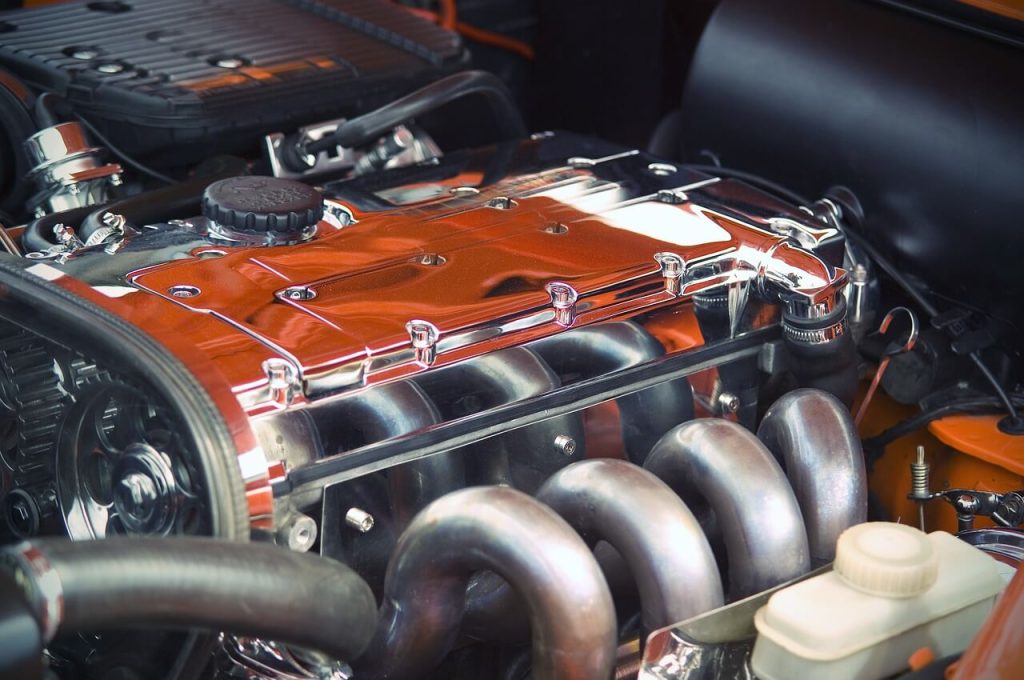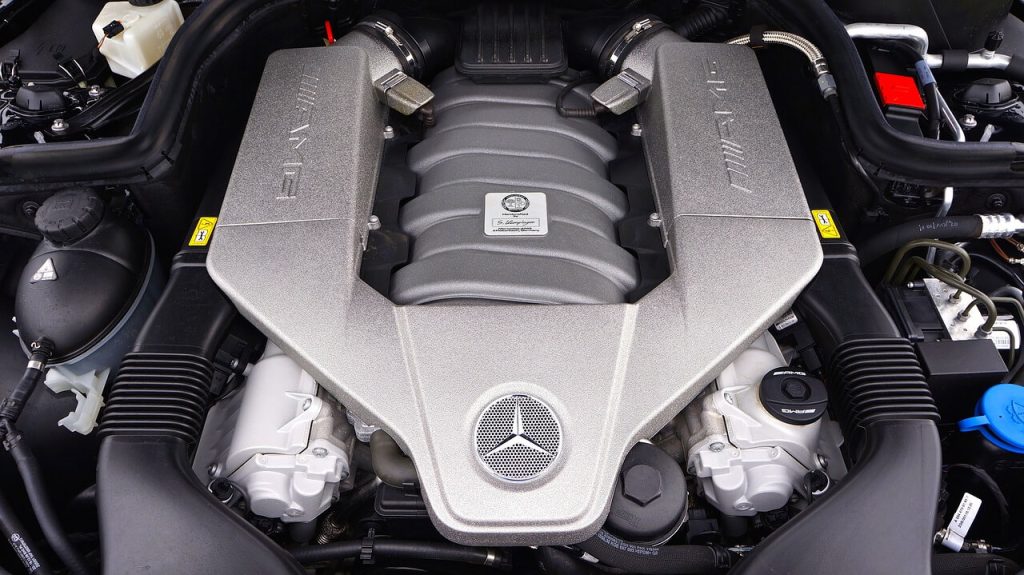Categories
10 Expert Tips for Optimal Car Engine Performance: Your Key to Automotive Excellence!

Your car’s engine is the heart of its performance, and caring for it is vital to ensure longevity and optimal functionality.
Our experts have compiled ten essential tips to help you maintain your car engine in top-notch condition.
From routine maintenance to smart driving habits, these expert tips will keep your engine running smoothly, delivering the automotive excellence you deserve.
Embrace these expert suggestions and unlock the secrets to a long-lasting and high-performing car engine.
10 Expert Tips for Long-Lasting Car Engine Performance
1. Regular Oil Changes: The Engine's Lifeline
Consistent oil changes are crucial for the health of your car’s engine. Follow your vehicle manufacturer’s recommendations and use high-quality motor oil to ensure proper lubrication and prevent engine wear.
2. Keep Coolant Levels in Check: Engine Cooling Matters
Monitor your car’s coolant levels regularly and ensure the coolant mixture is appropriate for your climate. Maintaining proper engine temperature will prevent overheating and potential damage.
3. Replace Air Filters: Breathe Easy, Perform Better
Change your car’s air filters at regular intervals to maintain clean air intake. Clogged filters reduce engine efficiency and can lead to decreased performance.
4. Timely Spark Plug Replacement: Ignite Your Engine's Potential
Replace spark plugs as recommended by your car’s manual. Fresh spark plugs promote smooth ignition and fuel efficiency.
5. Observe Speed Limits: Gentle Driving, Extended Life
Avoid aggressive driving and observe speed limits to minimize engine stress and extend its lifespan. Smooth driving habits enhance both performance and fuel efficiency.
6. Keep Up with Maintenance Schedule: Punctuality is Key
Adhere to your car’s maintenance schedule, including regular tune-ups and inspections. Preventative maintenance helps catch issues early and keeps your engine in top shape.
7. Use High-Quality Fuel: Fuel Your Engine's Performance
Opt for high-quality fuel to ensure clean combustion and prevent carbon buildup, which can adversely affect engine performance.
8. Warm Up Your Engine: Gentle Beginnings
Allow your engine to warm up for a short period before driving, especially during colder weather. Warming up reduces strain on internal components.
9. Check for Leaks: Address Issues Promptly
Regularly inspect your engine for any signs of leaks and address them promptly. Leaks can lead to fluid loss and potential engine damage.

10. Store Your Car Properly: Care Even When Not in Use
If storing your car for an extended period, use fuel stabilizers and take necessary precautions to preserve engine integrity.
Conclusion
Maintaining your car’s engine for longevity and optimal performance is crucial to enjoying a seamless driving experience. Implement these expert tips and take charge of your car’s engine health.
At CARvity, we offer a wide range of premium car accessories and maintenance products to complement your engine care routine. Elevate your automotive excellence and unlock the full potential of your car’s engine with our top-of-the-line accessories.
Shop Now and Explore Our Premium Car Accessories for Enhanced Engine Performance!
Frequently Asked Questions (FAQs) For Optimal Car Engine Performance
How often should I change the engine oil?
Follow your car manufacturer’s recommendation, but typically oil changes are needed every 5,000 to 7,500 miles or 6 months, depending on driving conditions.
Can I use any motor oil for my car?
No, it’s essential to use the motor oil recommended by your car manufacturer to ensure compatibility and optimal engine performance.
How do air filters affect engine performance?
Clean air filters allow better airflow, promoting efficient combustion, improved fuel economy, and enhanced engine performance.
Are high-quality fuels worth the extra cost?
Yes, high-quality fuels with detergents help keep engine components clean, leading to better performance and fuel efficiency.
Can aggressive driving damage the engine?
Yes, aggressive driving can strain engine components and lead to increased wear and tear, reducing engine life.
How often should spark plugs be replaced?
Spark plugs should typically be replaced every 30,000 to 100,000 miles, depending on the type of plugs and your car’s specifications.
Should I warm up the engine before driving in warm weather too?
While warming up is essential in colder weather, it’s less critical in warm weather, but still a good practice for a smoother start.

